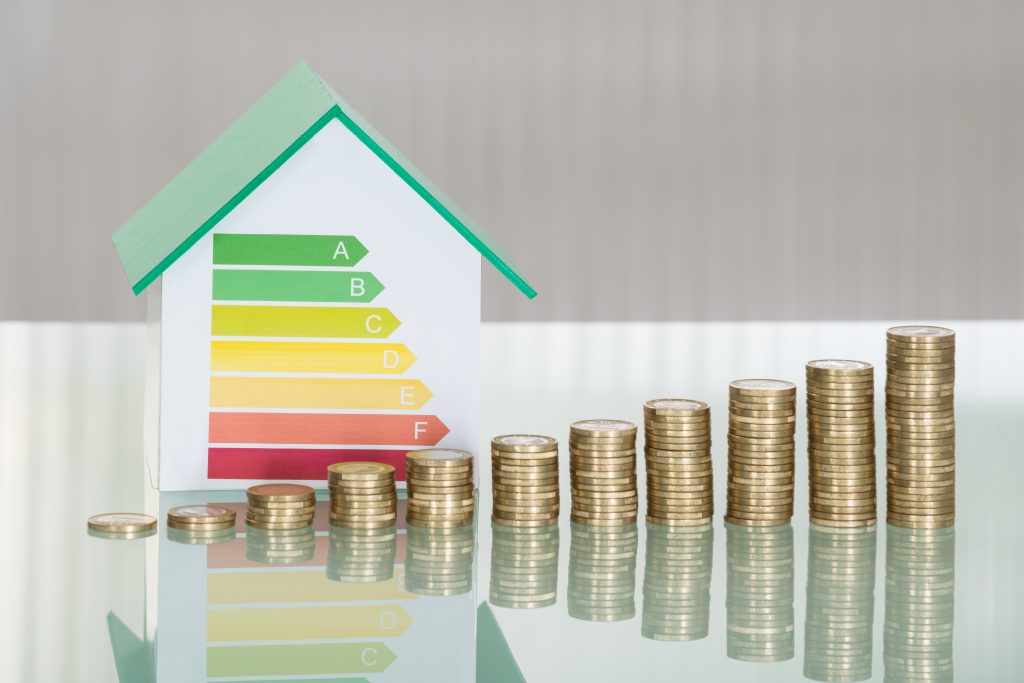UKGBC publishes new insights into home retrofit

As part of UKGBC’s Accelerator Cities programme, supported by EIT Climate-KIC, we have published two new resources designed to complement the existing guidance and evidence base, and support the acceleration of home retrofit.
The first resource, titled Retrofit funding propositions, is a summary of key discussion points at a virtual workshop co-hosted by UKGBC and the Green Finance Institute’s Coalition for the Energy Efficiency of Buildings. Held in December 2020, the workshop brought together local authorities, housing associations and representatives from the finance community, and was chaired by Emma Harvey, Programme Director at the Green Finance Institute, with contributions from leading experts on the built environment and finance.
During the event we explored the role of local authorities in delivering and enabling retrofit finance to all tenures. Within our recommendations we have suggested a series of three ‘design labs’ to bring together the shared expertise of local and regional authorities, the finance community and other stakeholder representatives, with a view to developing prototypes for piloting. We are in the process of scoping these design labs.If you are interested please get in touch.
The second resource, titled ‘Understanding how to motivate whole-house retrofit’, is the outcome of in-depth consumer research commissioned by UKGBC, with the aim of better understanding how to encourage householders to take a ‘whole-house’ retrofit approach, rather than just pursuing specific energy-saving measures. The research explored the experiences of 10 homeowners across England who were either considering or had already undertaken measures to improve energy efficiency.
Key findings of the report included:
- Most householders are attracted to the idea of a whole-house plan once it is explained to them, especially the benefits of knowing upfront how to sequence measures and ensure forward compatibility. Those contemplating more extensive works indicate they would willingly pay for the service.
- Householders believe that installing a modern gas boiler is an ‘energy-efficient’ thing to do. This echoes findings from previous research, that consumers are generally not aware of the impact boilers have on carbon emissions, even those expressing a strong commitment to the environment. The research indicated that once they know, they may think again.
- There is a potential framing and policy opportunity around the intersection of electric vehicle (EV) ownership and renewable-electricity generation. Householders can be very attracted to the idea of self-sufficiency and what they see as driving for ‘free’. This suggests opportunities to incentivise these elements together as a package. This appeal of ‘free’ energy might also extend to encouraging take up of heat pumps by those who can use onsite renewable-energy generation to power them.
- Findings suggest that a feeling of ‘future proofing’ is appealing to householders. They recognise that taking measures to increase energy efficiency will protect them from energy price rises, flattening or declining income, e.g., in retirement, and from possible future legislation. This suggests an opportunity to shift the narrative from a focus on short-term payback.
- Householders’ decisions are strongly affected by the length of time they expect to stay in their current home.
- Householders surveyed categorised measures according to three stages of a whole-house retrofit ‘journey’, with a perception that benefits decline as costs increase. For example, replacing a working gas boiler with renewable heating falls into the third stage of ‘Paying for little perceived gain’, where householders can currently feel there is a risk they may be paying more for potentially-less-effective heating systems.
Both reports have been produced as part of the Accelerator Cities Programme – a project designed to support and enable local and combined authorities to take action on home retrofit, run by UKGBC and partners, with co-funding from EIT Climate-KIC.
Related
UKGBC launches Toolkit to empower local authority officers to develop ’Retrofit Facilitation Services’ for householders in their area.

Introducing Keystone Membership

Six organisations and a group of industry experts join UKGBC to better understand opportunties to retrofit our non-domestic building stock in pursuit of net zero

UKGBC Partners with CREtech on conference to accelerate the use of sustainable technology in the built environment

